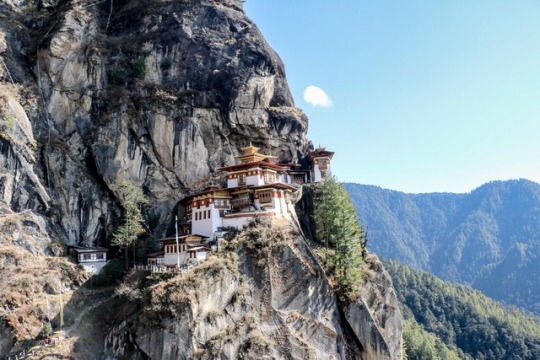Text
Culture and Sustainability Intertwined
Being labeled as one of the world's most rural and least urbanized nations, Bhutan is proud of it. Only 21% of the nation's entire population lives in urbanized areas and cities, with the majority located in rural enclaves. Not until 1960 was the first road built, meaning the need and want for automobiles was low, and still to this day that remains true. Bhutan was never colonized meaning no negative foreign influence was imbedded in the Buddhist culture, letting it flourish with its own intentions. With the nation built upon strict Buddhist beliefs, declarations were made stating that 60% of the kingdom must remain forested at all times, ultimately this became Bhutanese law. In addition to this profound and sustainable law,, many were enacted with the same purpose in mind. Plastic straws and bags are banned, cigarettes and other tobacco products are not to be smoked in public areas, and for every royal birth within the kingdom, hundreds of trees are required to be planted. Lastly, 26% of Bhutan is protected by national parks, forests, and reserves.
0 notes
Text
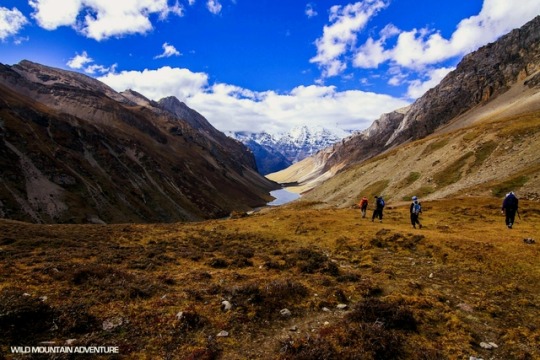
Hidden deep in the folds of the great Himalayan mountains, Bhutan’s nature is one of the cherished heritage for mountain and nature lovers. The stunning landscape, remote valleys, pristine nature and the moderate weather truly means a lot for adventure seekers. We do many popular treks like - Snowman Trek, Laya Gasa Trek, Gangkar Puensum, Jomolhari Trek and Massgang Base Camp Trek. These jaw dropping treks are waiting for you to walk all over them. bhutantrekker.com
145 notes
·
View notes
Photo
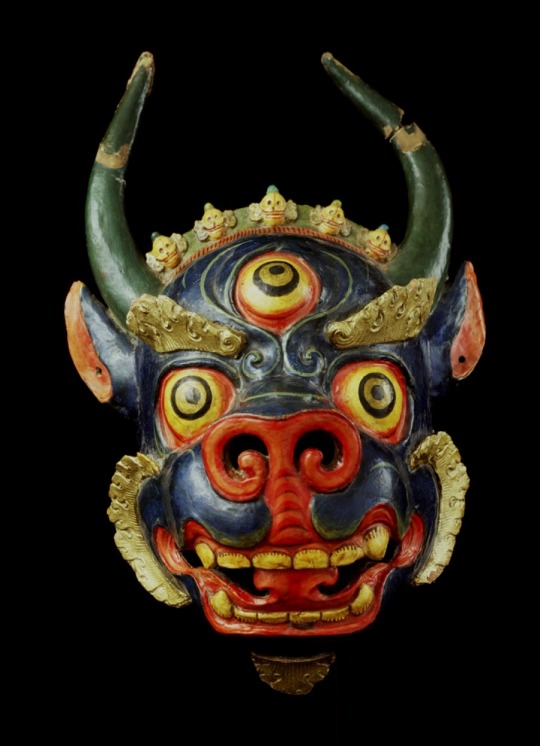


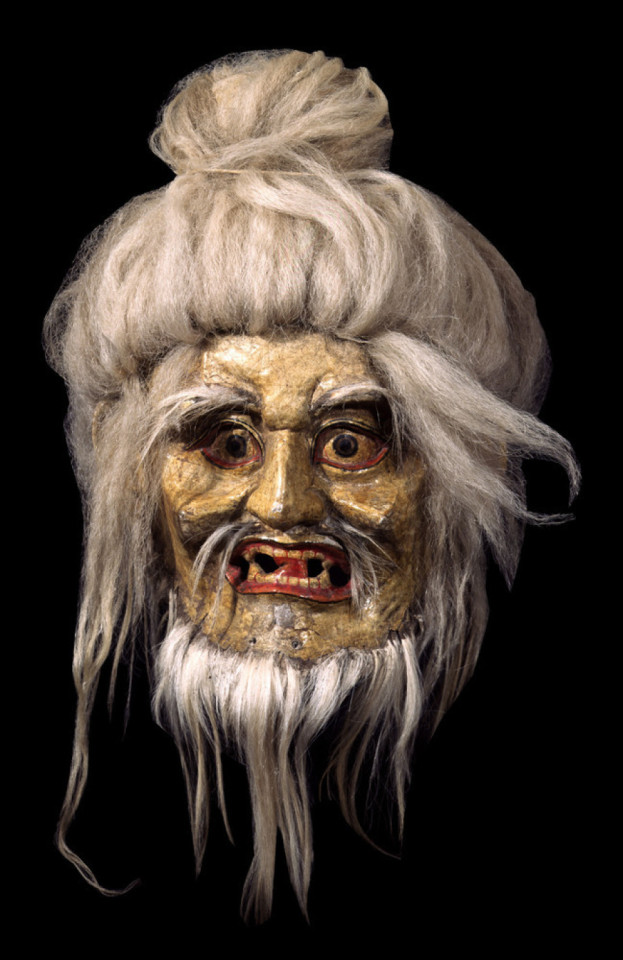


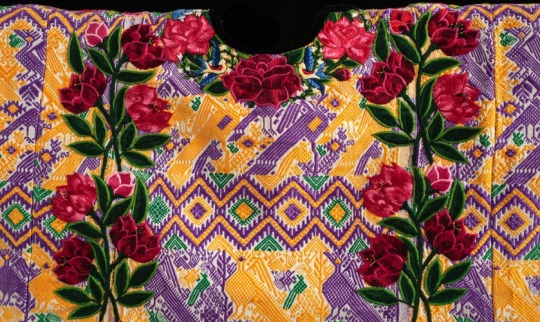
Dance Mask, Deer Mask, Lakhe, Mask for Mongolian Ritual Dance, Bhutan Monkey Hanuman, Songtsen Gampo, María Canastuj PrezencinHuipil. 1600s-1800s.
1K notes
·
View notes
Text
The Sustainable Development Fee (SDF)
On November 16th of 2017, the Bhutanese government passed a legislature that all tourists visiting their mountainous nation must pay a fee. The country has rather conservative views when it comes to foreign guests, enacting expensive travel and visa fees to individuals and groups wanting to explore. Each night of the visit guests are expected to pay a $65 (58eu) sustainable development fee, as well as a $40 (36eu) visa bill, and then a one time fee of $260 that covers hotels, tour guides, food, and transport. All of this adds up to quite an expensive price but using this money to benefit sustainable and environmental goals has paid off. The country was named the happiest and most anti-carbon nation in the entire world. The SDF was created due to the mass increase in tourism at the turn of the 2010′s. By 2018 the total revenue brought in by the SDF was amounting to $6,250,000.
0 notes
Text
Introduction- Bhutan
Located within the greatest peaks and valleys of the Himalayas, the only carbon negative nation can be found. The small hilly state of Bhutan is the greenest country on earth with its nose in the lead in the international race for acquiring fundamental sustainability.
#bhutan#sustainability#green#nocarbon#anticarbon#trees#himalayas#asia#geography#environmetalists#environment
0 notes
Photo
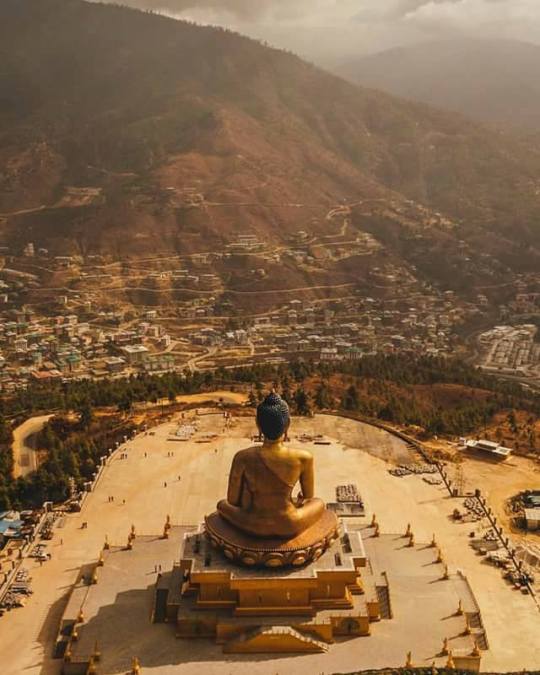
Huge statue of Buddha…Thimpu…Bhutan
480 notes
·
View notes
